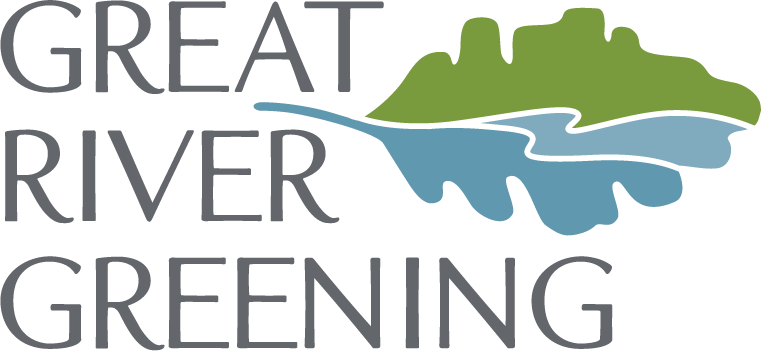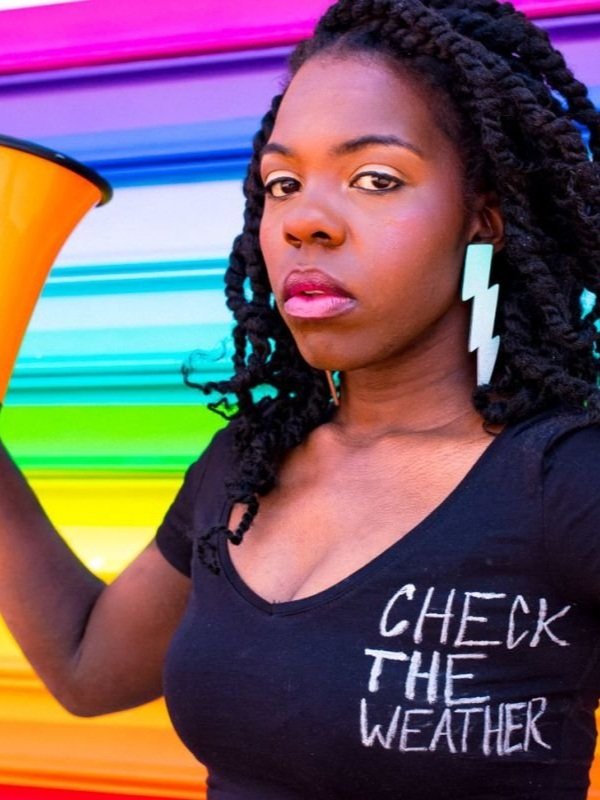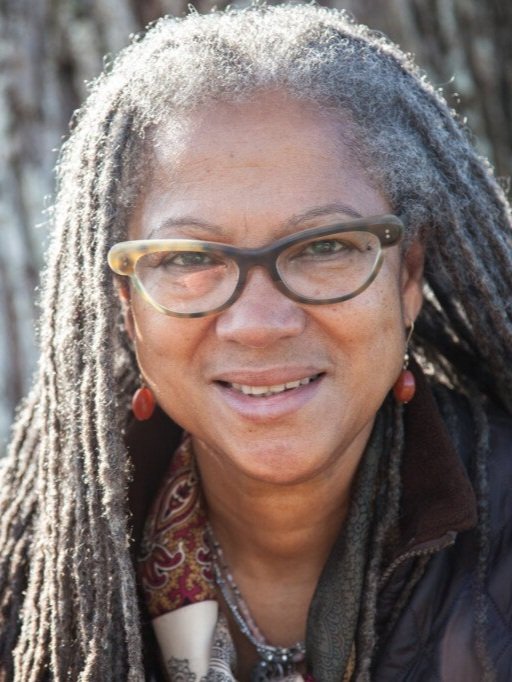Meet Four Black Conservationists Working for a More Just and Sustainable Future
Black conservationists have long been at the forefront of environmental activism, despite facing systemic injustices and institutional barriers that have limited opportunities for African Americans in the field of conservation.
As we celebrate Black History Month, we hope you find inspiration in the stories of Adjany, Washington, Kari, and Savonala—four Black conservationists that are paving the way for a more diverse and inclusive environmental movement.
Adjany Costa
Adjany Costa, an award-winning wildlife ethno-conservationist, is currently pursuing her PhD focused on the development of a community-based natural resource management model for the headwaters of the Okavango, Kwando, and Zambezi rivers in the Angolan highlands in sub-Saharan Africa. She has dedicated her career to saving some of the most remote and crucial wilderness in Southern Africa.
“Climate justice is a concept that really needs to be talked about. It’s not just that the people who are the most affected are the least included, but it’s also that they’re not the ones causing the impacts.”
Adjany Costa
Washington Wachira
A native of Kenya, Washington Wachira is a naturalist, a published photographer, a TED speaker, and one of East Africa’s top birders. His work earned him a National Geographic grant and the African Sustainable Tourism Fellowship Award in 2016. Read an interview with Washington HERE.
“Photography is one of the most effective mediums for inspiring people to care. If people can see a species, they are more likely to worry about it – and to take care of it.”
Washington Wachira
Kari Fulton
Named a “young leader to watch” by Elle and Glamour magazines, Washington D.C.-based student organizer Kari Fulton is the National Campus Campaign Coordinator for the Environmental Justice and Climate Change Initiative. Kari supports and mobilizes diverse youth and organizations by building awareness of the connection between environmental and social justice issues. Watch an interview with Kari HERE.
“If you live on this earth and you breathe this air and you walk on this planet, then you are an environmentalist. There is no other cause that can unite this many people like the environment can.”
Kari Fulton
Savonala “Savi” Horne
Savi Horne is the Executive Director of the North Carolina Association of Black Lawyers’ Land Loss Prevention Project and is the recipient of the 2020 American Bar Association Section of Environment, Energy, and Resources Award for Excellence in Environmental, Energy, and Resources Stewardship. Her work assists financially distressed and limited resource farmers and landowners through litigation, public policy, and promoting sustainable agriculture and environment. Hear Savi discuss the Land Loss Prevention Project HERE.
“To save ourselves and the planet, there has to be a reorientation of laws to give families the security they need and to be protective of our natural resources.”
Savi Horne
At Great River Greening, our dedication to environmental justice is a key value that informs all of our work. Our Vision for 2030 is grounded in the knowledge that historic and present-day inequities have created systemic barriers of access to natural resources and green spaces for communities of color, Indigenous peoples, and lower-income communities. Today, our work prioritizes new projects that address this historic inequity, focusing on strengthening relationships and working in partnership, increasing access, and creating a more just, equitable, and green Minnesota.
Photo Credits:
Adjany Costa (Wikipedia)
Washington Wachira (National Geographic)
Kari Fulton (@checktheweather on Instagram)
Savi Horne (Land Loss Prevention Program, by Lise Metzger)




